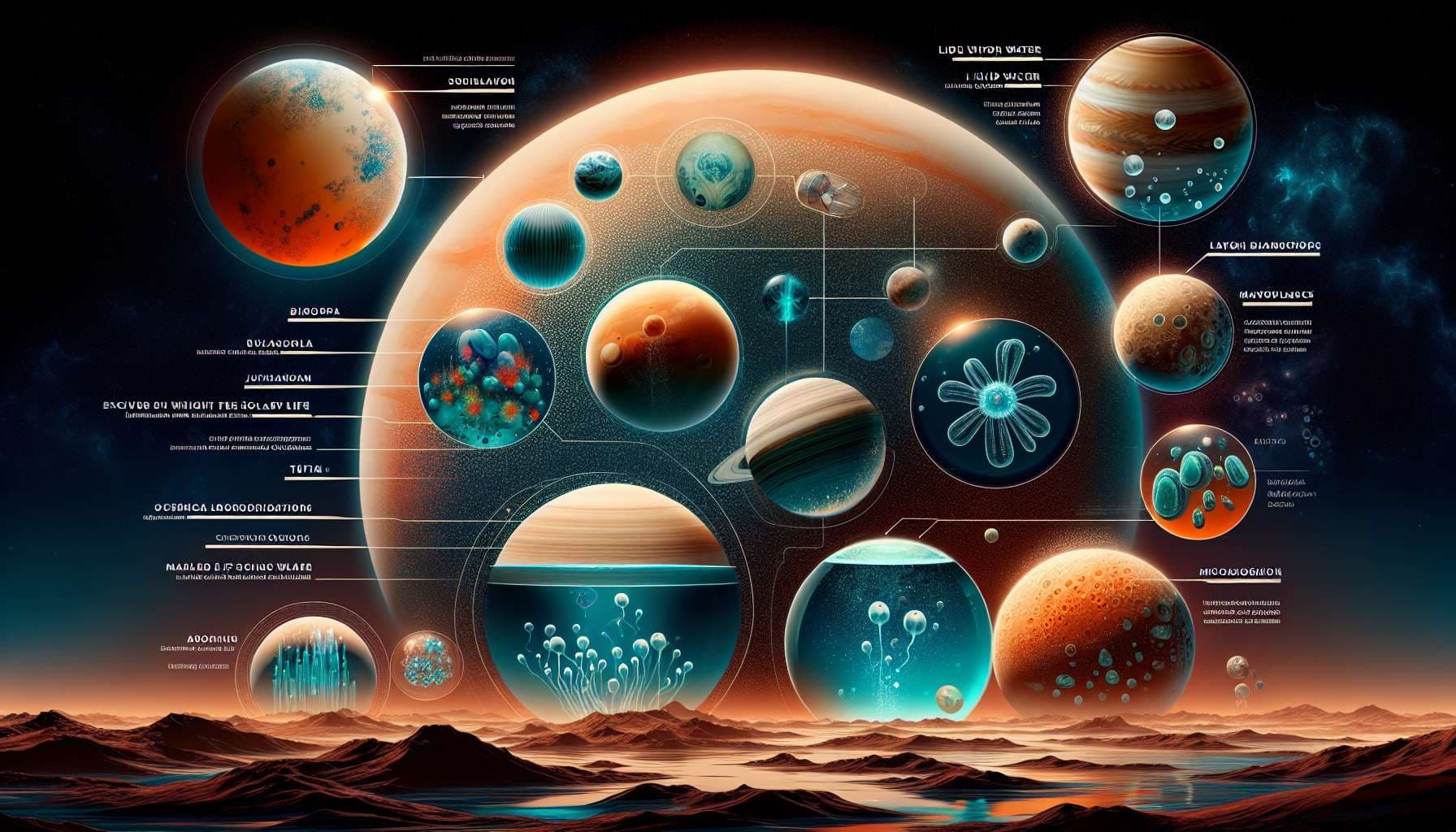
As specified above, the currently living or extinct extraterrestrial organisms must be the result of a separate abiogenesis, i.e must not share a common origin with currently known terrestrial lifeforms like humans, for instance. So in the case of a shadow biosphere being discovered on Earth prior to 2070 the question resolves as Other.
Conditional to such life being found, we ask where the organisms live or lived under natural conditions. This question will resolve as Yes for the option above which is the first place known to meet the criteria. All other options will resolve as No. If no such discovery of extraterrestrial life has occurred before January 1, 2070, it resolves as N/A.
The location will be assessed by scientific consensus. If several places would qualify, this question resolves as the first example discovered. So, for instance, if life sharing a common origin is discovered both on Europa and another moon of Jupiter the question resolves as the location to receive scientific consensus first (not, for example, the location where the evidence establishing its existence was gathered the earliest).
Other is a catch-all option which includes Mercury, Earth, the Moon, asteroids, comets, and other locations not explicitly specified. For the purpose of this question, the solar system will be defined as the entire region inside the Hill sphere of the Sun so objects belonging the Oort cloud are considered part of the region of interest.
I figure abiogenesis has happened numerous times and this could resolve YES, or it's rare and we're unlikely to stumble upon it by 2070, so it'll resolve N/A. So with a prior of "life has emerged anywhere that could support it" the question reduces to "Where are we going to put in the effort to find it?"
Further, I think that simple life existing in marginal environments won't be found on the surface. It'll be in an ocean, an underground aquifer, or meters underground.
Moons with liquid oceans under kilometers of ice are super interesting and great candidates, but I don't think we're going to do the sort of ambitious missions that would actually explore those depths any time soon.
Meanwhile, we have a company who's stated goal is to colonize one of the choices. Whether they succeed or not, it's way more likely that a really thorough search will occur on Mars. Lava tubes, ice mining, metals mining -- all interesting ways to get away from the surface that may actually be done.